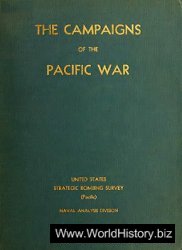There was no exclusively or peculiarly Jesuit political doctrine, still less a collective political theory. The Ratio studiorum of 1599, the Society’s definitive curriculum for its entire educational establishment, did not mention the study of politics or even history. Thomism, which the Ratio studiorum made the touchstone oforthodoxy for the Society, did, however, have a place for reflection about respublica in the de regimine principum (mirrors for princes) tradition, and the parts of moral philosophy and theology (ethica) concerned with justice, law and right, and dominium (de iustitia et iure). Casuistry, the practical and speculative elaboration of the Society’s specialism of the confessional, also treated some political matters. Moreover, “controversial theology,’’ the Society’s distinctive curricular innovation, centered on ecclesiology, and hence required consideration of the relationship between the church and the polity. In addition, Jesuits made notable contributions to ‘‘reason of state.’’ Finally, the Society’s activities and doctrines that were (sometimes gratuitously) attributed to it demanded political defences. Because of the approaches adopted by Jesuits, these genres and discussions did not remain entirely dispersed, but neither were they combined into a cohesive discipline, unlike the Protestant academies in the Holy Roman Empire and the Netherlands in the early seventeenth century, in which ‘‘politics’’ became a curricular topic. Adam Contzen S. J. did, however, produce an exemplary Catholic version of this kind of study, his Politicorum libri decem (Contzen 1621).




 World History
World History









